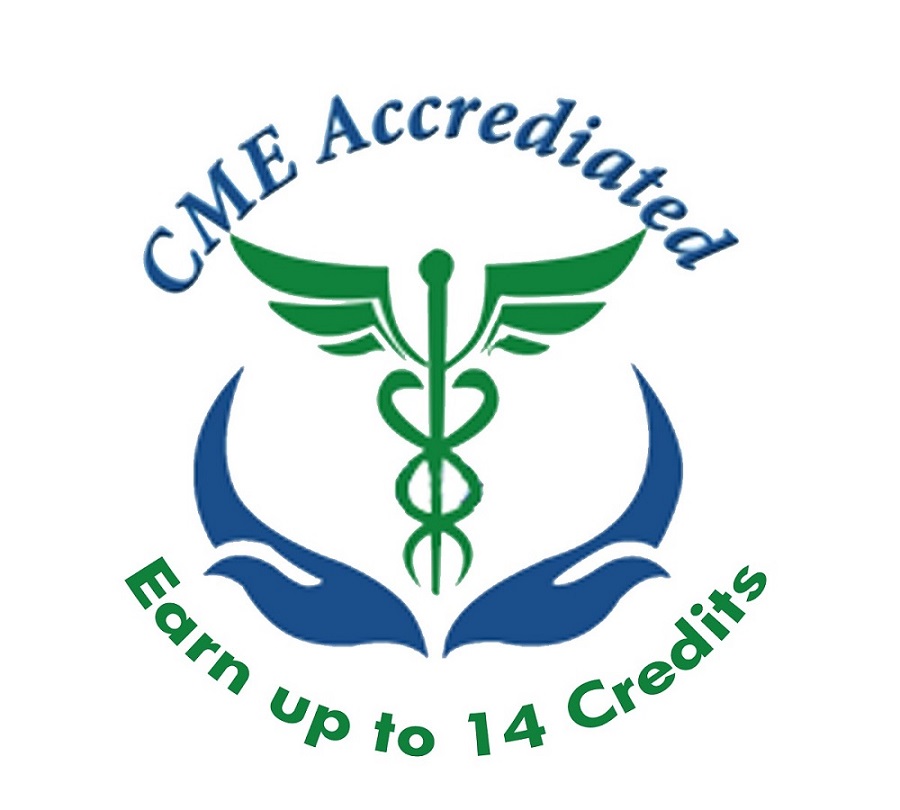
Pengfei Zan
The Tenth People’s Hospital, China
Title: The effect of patella eversion on clinical outcome measures in simultaneous bilateral total knee arthroplasty, a prospective randomized controlled trial
Biography
Biography: Pengfei Zan
Abstract
Background: During total knee arthroplasty (TKA), surgical exposure requires mobilization technique of the patella. With this trial, we intended to investigate the eff ect of patella eversion on clinical outcome measures in simultaneous bilateral TKA. Methods: We prospectively enrolled 44 patients (88 knees) from April 2008 to June 20l4. One knee was operated with patella eversion (group A) and the other with patella lateral retraction (group B) randomly. Follow-up results, including the operation time, complications, the time of achieving strait leg raise (SLR) and 90° knee fl exion, were recorded. Th e data of range of motion (ROM) and Visual Analogue Scale (VAS) score were collected separately at seven days, three months, six months and one year postoperatively. Results: Th e time of achieving SLR was (2.7±0.8) days in Group A and (2.1±0.7) days in Group B, which were signifi cantly diff erent (P=0.032). Signifi cant diff erence was found on active and passive ROM during the follow-up times between Group A and B, except the passive ROM at 6 month postoperatively. No signifi cant diff erence was found on operation time, complications, patella baja or tilt, time of achieving 90° knee fl exion and VAS score during the follow-up times. Conclusions: Patellar eversion was adverse to the early knee function recovery aft er TKA, it would delay the time of achieving SLR, decrease the passive and active ROM. Additionally, more carefully and scientifi cally designed randomized controlled trials are still required to further prove the claim.

